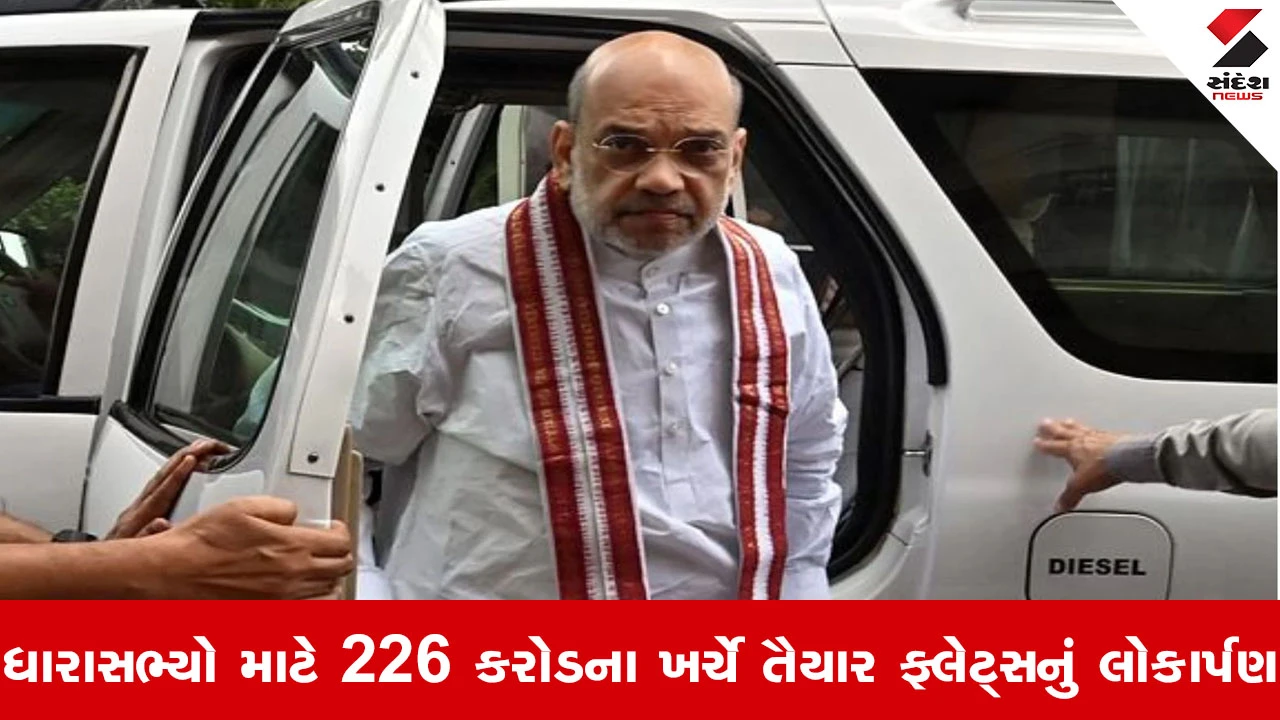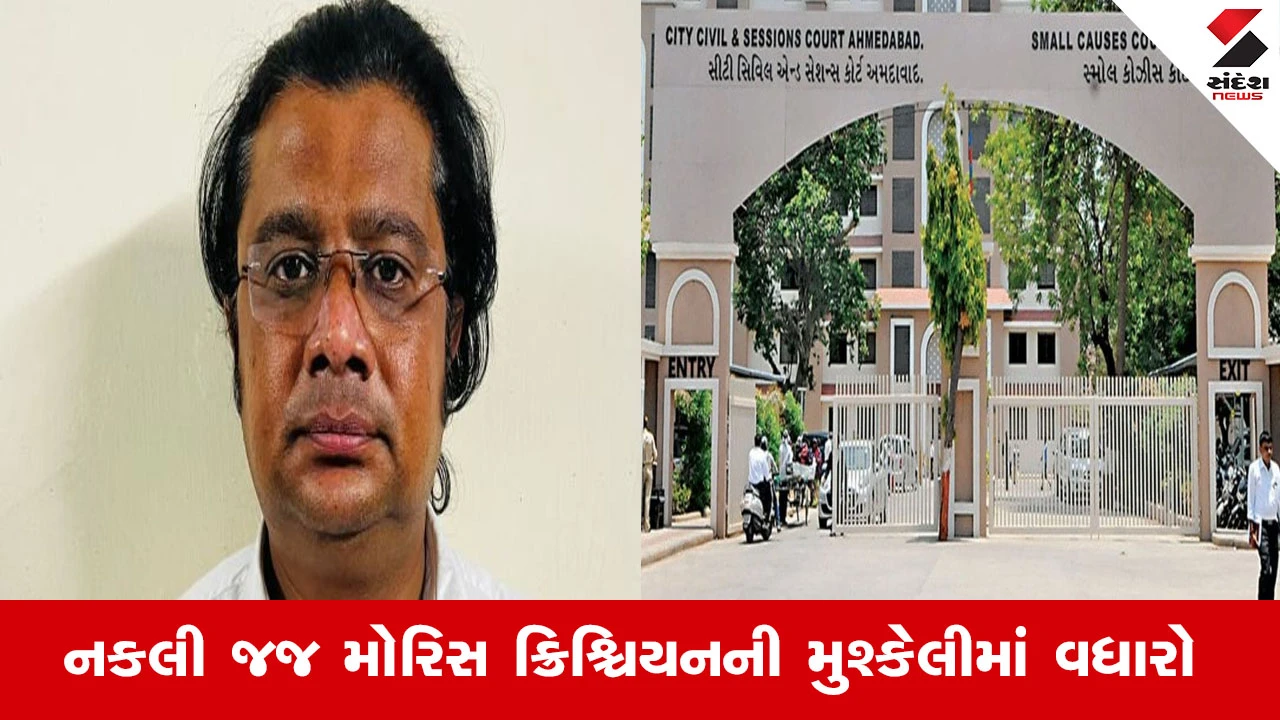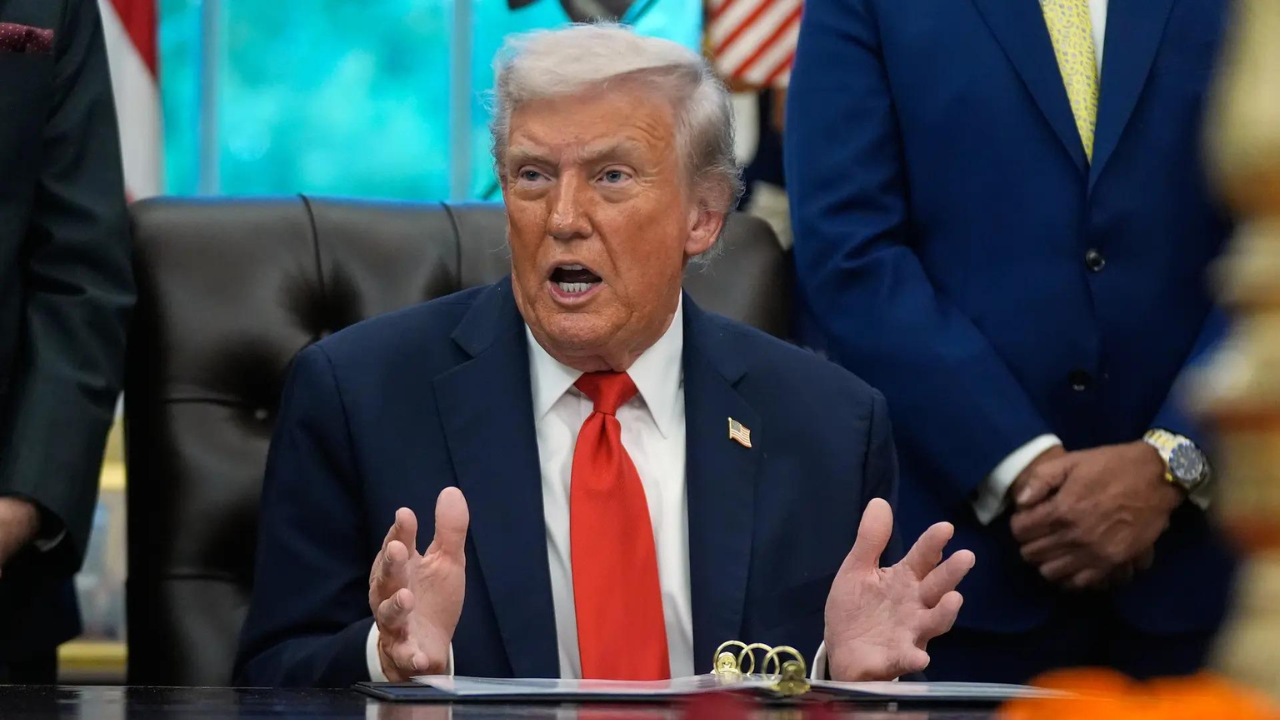Explained: How a landmark Supreme Court judgement has ended the governor’s ‘pocket veto’

Join our WhatsApp Community to receive travel deals, free stays, and special offers!
- Join Now -
Join our WhatsApp Community to receive travel deals, free stays, and special offers!
- Join Now -

In a significant ruling clarifying the powers and duties of state governors, the Supreme Court on Tuesday established clear guidelines for how they should deal with bills passed by state legislatures. By limiting their ability to indefinitely withhold action on bills, the decision addresses long-standing concerns about unelected governors delaying or potentially blocking legislation passed by elected legislatures.
This judgment arose from a petition by the Tamil Nadu government in 2023 detailing a protracted standoff with Governor RN Ravi over legislative approvals. Deciding the petition, the bench of Justices JB Pardiwala and R Mahadevan held that governors cannot wield absolute power to reject bills outright. They must provide reasons if they choose to withhold assent and return the bill to the state assembly for reconsideration. If the assembly repasses the bill, the governors lack the authority to refer it to the president.
The court introduced specific timelines for these actions and held that the governor’s conduct is subject to judicial review, thus safeguarding the democratic process from being unduly checked by an unelected official.
Scroll unpacks this historic judgement, authored by Pardiwala.
Pursuant to the order of the Hon. SC the Tamil Nadu Government has notified the 10 Acts on the Government Gazette and they come into force!...
What's Your Reaction?
 Like
0
Like
0
 Dislike
0
Dislike
0
 Love
0
Love
0
 Funny
0
Funny
0
 Angry
0
Angry
0
 Sad
0
Sad
0
 Wow
0
Wow
0























































